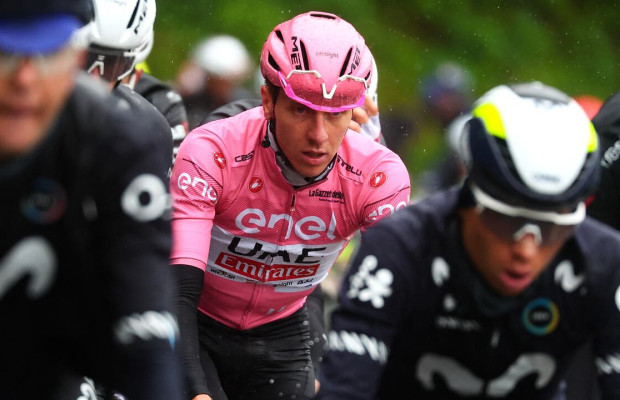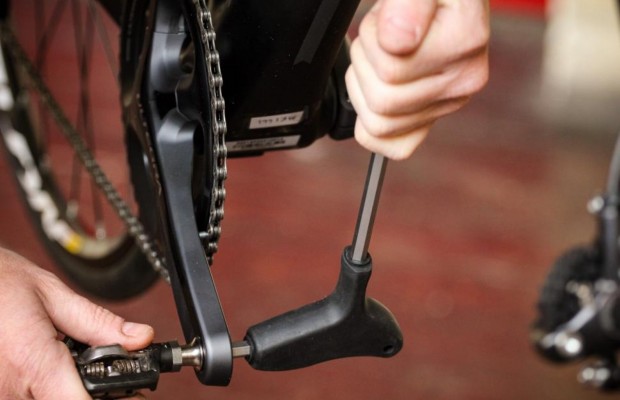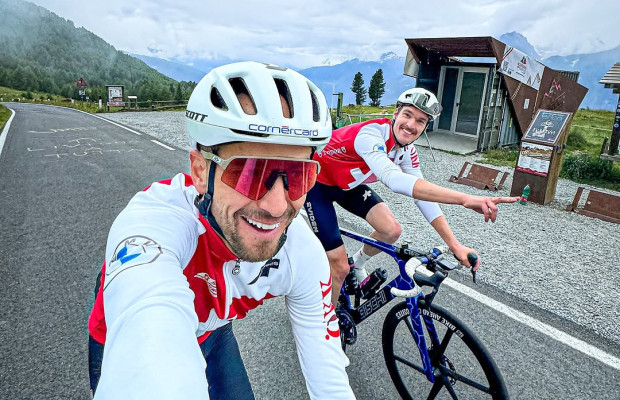Concern grows over doping allowed in the Games
The Enhanced Games have caused a wave of astonishment in the world of sports. The initiative aims to reinvent the rules and proposes a kind of Olympic Games where doping is allowed under medical supervision. Voices against it are rising, warning of the danger that the athletes themselves could face.

Criticism rains down on the Enhanced Games: sports representatives highlight the dangers of the event
The Enhanced Games have sparked controversy from the moment of their creation. The event will allow athletes to consume doping substances that enhance their performance, as long as the competition's medical team approves. Doping is part of the rules of the Enhanced Games, which already include several sports disciplines - athletics, swimming, gymnastics, combat, and strength - and where cycling could be included in the future.
The founder of this initiative, Aron D'Souza, has stated that the goal is for the first edition of the Enhanced Games to take place in 2025, while the qualification phase should happen this year.
RECOMENDADO

Tips for staying motivated to go out riding when cold, rain or night lurk

Can I go cycling with the flu or a cold?

He invented the idea of jumping over the planks, which earned him a World Championship against Van der Poel

How to change the pedals of any bike in 5 steps

Is it possible to do base training when time is short?

Alcoholic beverages with the fewest calories

The CEO of the Australian Sports Commission, Kieren Perkins - former World Champion swimmer and Olympic Champion - has been one of the voices raised against the Enhanced Games. Perkins stated that the idea was "ridiculous" and that "someone will die if we allow that kind of environment to continue to thrive and flourish."
The statements came after another great Australian swimmer who retired in 2019, James Magnussen - former World Champion and Olympic medalist - expressed his desire to come out of retirement and compete in the Enhanced Games. Magnussen's ambitious goal is to break the record for the 50 meters freestyle.
The Enhanced Games offer a prize of 1 million euros to the athlete who breaks a world record. Magnussen said: "I'll dope up and break it within six months," although he later admitted regretting using those words.

In the same vein as Perkins, the CEO of the Australian Olympic Committee, Matt Carrollo, also spoke out some time ago, labeling the Enhanced Games as "dangerous and irresponsible."
Perkins himself emphasized that the use of substances in sports was banned to protect athletes. "The reason drugs were banned in sports was because a cyclist fell off his bike and died," referring to the tragic end of Knud Jensen at the 1960 Olympic Games.
He also explained that they refuse to accept doping due to the "significant impact it has on them and their future and their future families," such as cases of children with "serious malformations."

Another voice against the Enhanced Games was the CEO of Sport New Zealand, Raelene Castle, who stated that "known doping cheats are no longer with us because they didn't make it past 45 years old."
On the other hand, D'Souza explained that the competition is thinking about the health of the athletes in order to "ensure that our athletes are healthy and safe to compete." "I don't want an athlete to get injured or die in competition," he said. The founder of the Enhanced Games mentioned that medical tests such as blood analysis, echocardiograms, and MRIs will be carried out on all athletes.
He also highlighted that "new technological advances are also very useful and allow for continuous real-time health examinations."

D'Souza stated that he had received interest from some athletes who were going to participate in this year's Paris Olympics. In response, the President of the World Athletics Association, Lord Coe, stated that anyone who did so was a "fool" and would face a long ban.
Furthermore, Perkins added that "we have to be a little more sensible as humanity to understand the decisions we are making and the repercussions they are having."